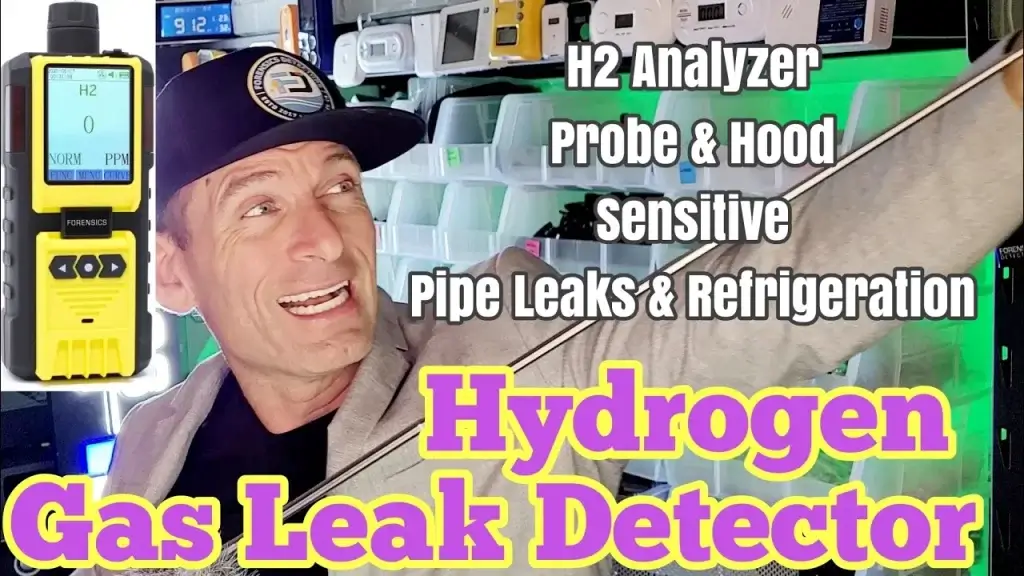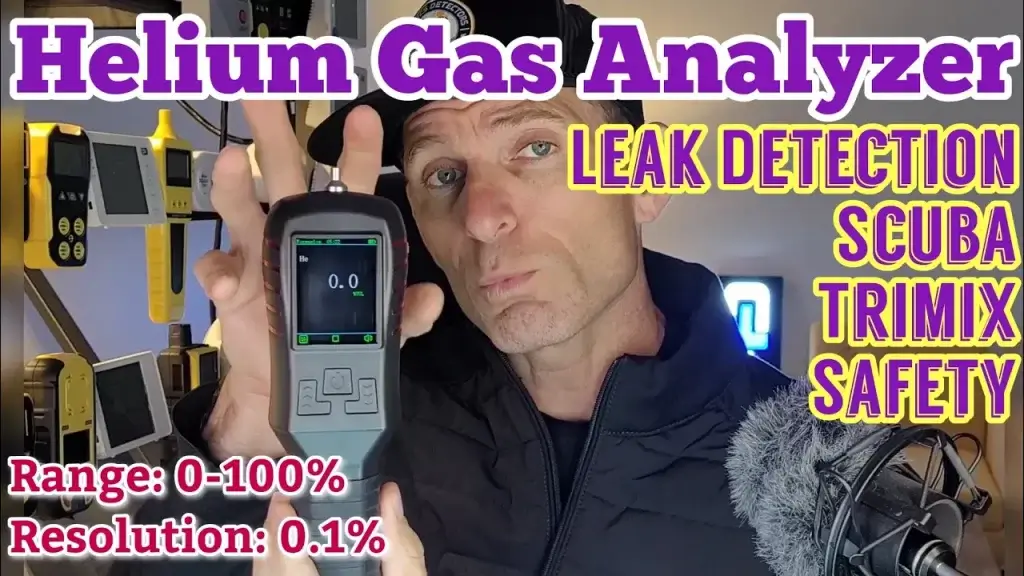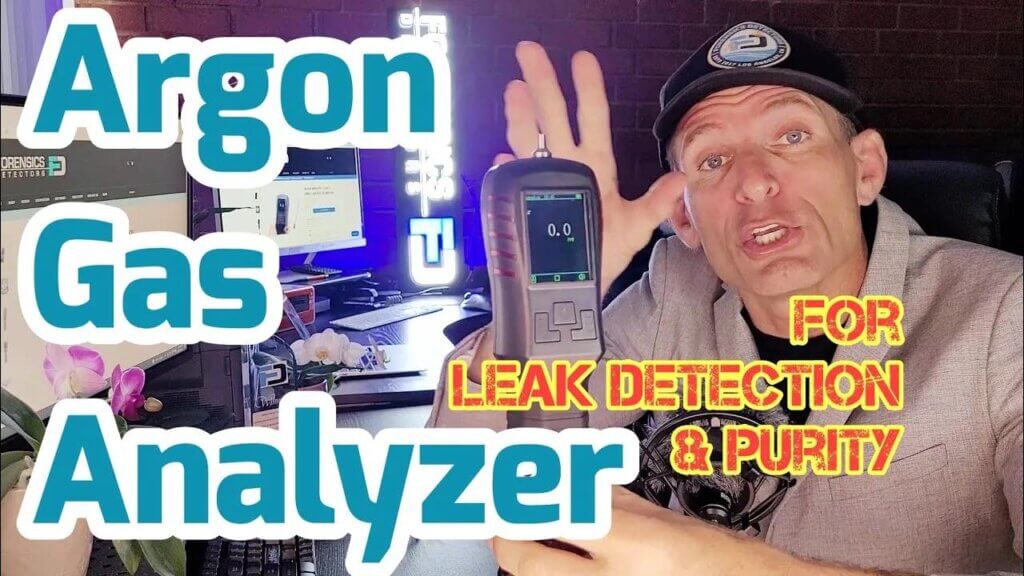Contents
- Common Methods Of Hydrogen Leak Detection
- Visual Inspections
- Gas Detectors
- Pressure Testing
- Advancements In Hydrogen Leak Detection Technology
- Use Of Hydrogen Sensors
- Development Of Automated Leak Detection Systems
- Frequently Asked Questions Of Hydrogen Leak Detection In Processing Plants
- What Is Hydrogen Leak Detection?
- Why Is Hydrogen Leak Detection Important?
- How Is Hydrogen Leak Detection Done?
- What Are The Benefits Of Hydrogen Leak Detection Systems?
- Conclusion
Hydrogen leak detection in processing plants is crucial for ensuring safety and preventing potential hazards caused by the highly flammable nature of hydrogen gas. Effective detection systems enable timely identification and mitigation of leaks, reducing the risk of explosions and minimizing downtime.
We will explore the importance of hydrogen leak detection in processing plants, discuss various detection methods and technologies available, and highlight the key considerations for implementing a reliable detection system. With the ever-increasing demand for hydrogen in various industrial applications, it is essential to have robust leak detection measures in place to safeguard personnel, assets, and the environment.
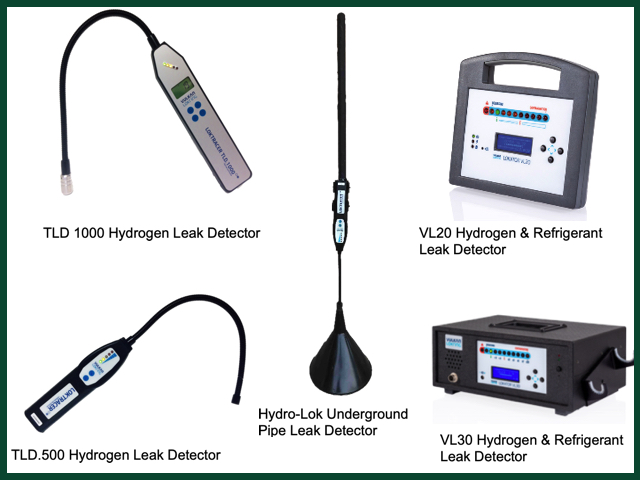
Common Methods Of Hydrogen Leak Detection
In processing plants where hydrogen is utilized, leak detection is of utmost importance. Identifying and rectifying leaks promptly can prevent accidents and protect the safety of workers and the surrounding environment. There are several common methods used for hydrogen leak detection that are implemented in processing plants, including visual inspections, gas detectors, and pressure testing. Each method serves a specific purpose and contributes to the overall safety efforts in processing plants.
Visual Inspections
One of the simplest yet effective methods for detecting hydrogen leaks is through visual inspections. Highly skilled technicians visually examine equipment, pipelines, and storage tanks that are potential sources of leaks. These inspections involve looking for telltale signs such as discoloration, staining, or condensation around the equipment, which may indicate a hydrogen leak. The advantage of this method is its simplicity and the ability to detect leaks in real time without the need for additional equipment.
Gas Detectors
Gas detectors are widely used in processing plants to detect hydrogen leaks. These devices are specifically designed to sense and measure the concentration of hydrogen gas in the surrounding air. Gas detectors operate on the principle of electrochemical sensors or catalytic sensors. Electrochemical sensors use a chemical reaction to generate an electrical signal when hydrogen is present, while catalytic sensors rely on a heated wire that reacts with hydrogen to produce an electrical signal. The advantage of gas detectors is their ability to continuously monitor hydrogen levels, ensuring immediate detection of leaks and timely action can be taken.
Pressure Testing
Pressure testing is another vital method employed in processing plants for hydrogen leak detection. This method involves subjecting equipment, pipelines, or storage tanks to a higher pressure than normal operating conditions. By pressurizing the system and monitoring the pressure drop over time, any significant decrease can indicate the presence of a leak. Pressure testing not only identifies leaks but can also help determine the location and severity of the leak. Moreover, pressure testing can identify potential weaknesses in the system, enabling maintenance and repairs to be done proactively.
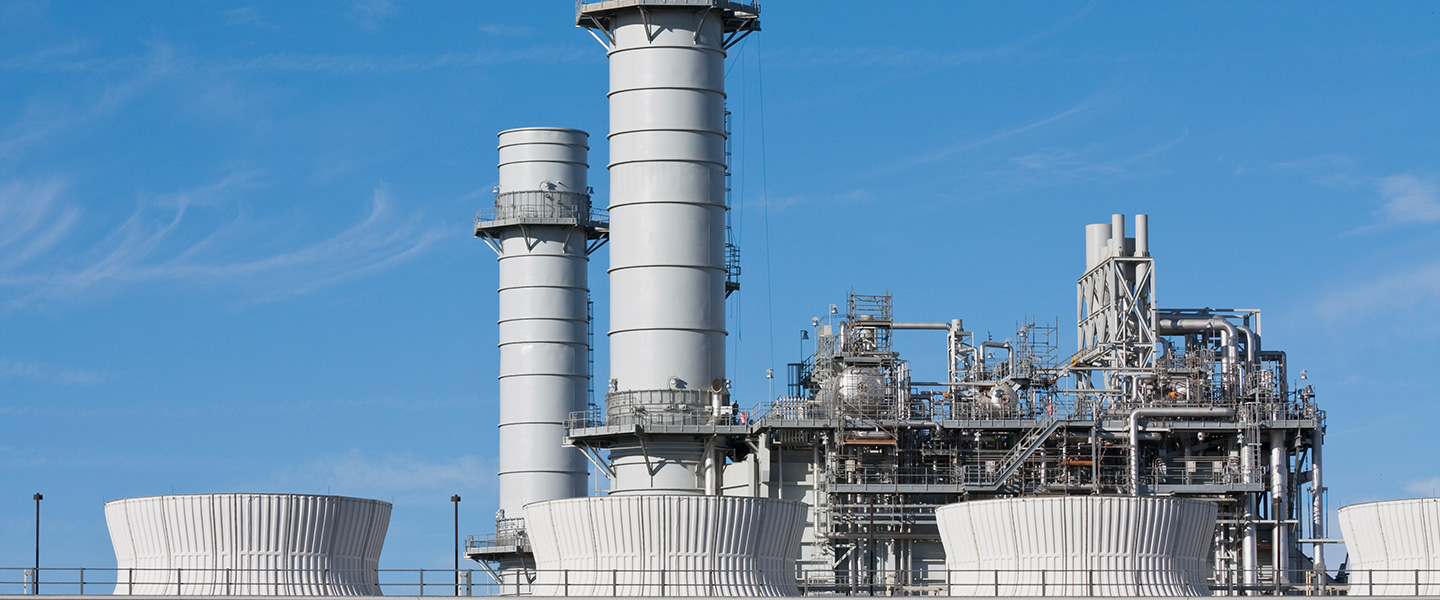
Credit: www.flir.com
Advancements In Hydrogen Leak Detection Technology
As processing plants become increasingly reliant on hydrogen for various operations, ensuring the safety of these facilities is of utmost importance. One crucial aspect of plant safety is detecting and monitoring hydrogen leaks. Over the years, advancements in technology have revolutionized the way hydrogen leaks are detected in processing plants, making the process more efficient and reliable. In this article, we will explore two significant advancements that have had a significant impact on hydrogen leak detection.
Use Of Hydrogen Sensors
One of the key advancements in hydrogen leak detection technology is the use of hydrogen sensors. These sensors play a critical role in identifying the presence of hydrogen gas in the atmosphere, allowing for quick and accurate detection of leaks. Hydrogen sensors are designed to react to the presence of hydrogen and trigger an alarm or notification when levels exceed a predetermined threshold. This early warning system enables plant operators to take immediate action, preventing potential disasters.
Hydrogen sensors are highly sensitive and can detect even the smallest amounts of hydrogen gas. They are designed to be placed strategically throughout the plant, ensuring comprehensive coverage. These sensors can be integrated into the plant’s existing safety systems, providing real-time monitoring and alerts. Some advanced sensors even come equipped with wireless communication capabilities, allowing for remote monitoring and data collection.
Development Of Automated Leak Detection Systems
Another significant advancement in hydrogen leak detection technology is the development of automated leak detection systems. These systems are designed to continuously monitor the plant’s infrastructure, detecting even the tiniest hydrogen leaks. By utilizing a combination of sensors, valves, and software, these automated systems can proactively identify leaks and take immediate action to mitigate any risks.
- Automated leak detection systems employ state-of-the-art technologies such as artificial intelligence and machine learning.
- These systems analyze data from multiple sensors, looking for patterns and anomalies that indicate a potential leak.
- When a leak is detected, the system can automatically shut off valves or activate safety measures, minimizing the potential impact.
- Additionally, these systems can provide detailed reports and analytics, allowing plant operators to identify trends and patterns in the leak data.
The development of automated leak detection systems has significantly enhanced the safety and efficiency of processing plants. By reducing the reliance on manual detection methods, these systems offer faster response times and minimize the risk of human error. Furthermore, the ability to collect and analyze data helps plant operators identify underlying issues and develop more effective preventive measures.
Frequently Asked Questions Of Hydrogen Leak Detection In Processing Plants
What Is Hydrogen Leak Detection?
Hydrogen leak detection refers to the process of identifying and locating leaks in processing plants where hydrogen is used. This is crucial for ensuring safety, preventing accidents, and avoiding environmental hazards. Various techniques and equipment are employed to detect and measure the presence of hydrogen leaks.
Why Is Hydrogen Leak Detection Important?
Hydrogen is highly flammable and can cause explosions or fires if leaked. Therefore, it is vital to have effective hydrogen leak detection systems in processing plants to ensure the safety of workers and the surrounding environment. Timely detection and mitigation of leaks can prevent accidents and minimize the potential risks associated with hydrogen use.
How Is Hydrogen Leak Detection Done?
Hydrogen leak detection is done through a variety of methods including visual inspection, gas sensors, and spectroscopy. These techniques allow for the detection of even small amounts of leaked hydrogen. Using specialized equipment and instruments, trained professionals can accurately identify and locate leaks, ensuring prompt action to contain and repair them.
What Are The Benefits Of Hydrogen Leak Detection Systems?
Hydrogen leak detection systems offer several benefits. They enhance safety by providing early warning of leaks, allowing for quick response and preventing accidents. These systems also help in minimizing the environmental impact by reducing the release of hydrogen into the atmosphere.
Overall, implementing hydrogen leak detection systems is crucial for maintaining a secure and sustainable working environment.
Conclusion
Effective hydrogen leak detection is crucial in processing plants to ensure the safety of workers and the environment. By using advanced technologies, such as gas sensors and monitoring systems, potential leaks can be swiftly identified and mitigated. Implementing comprehensive leak detection solutions not only prevents accidents but also enhances operational efficiency and reduces the risk of costly damage.
Stay proactive in safeguarding your processing plant by prioritizing hydrogen leak detection and investing in innovative solutions.

